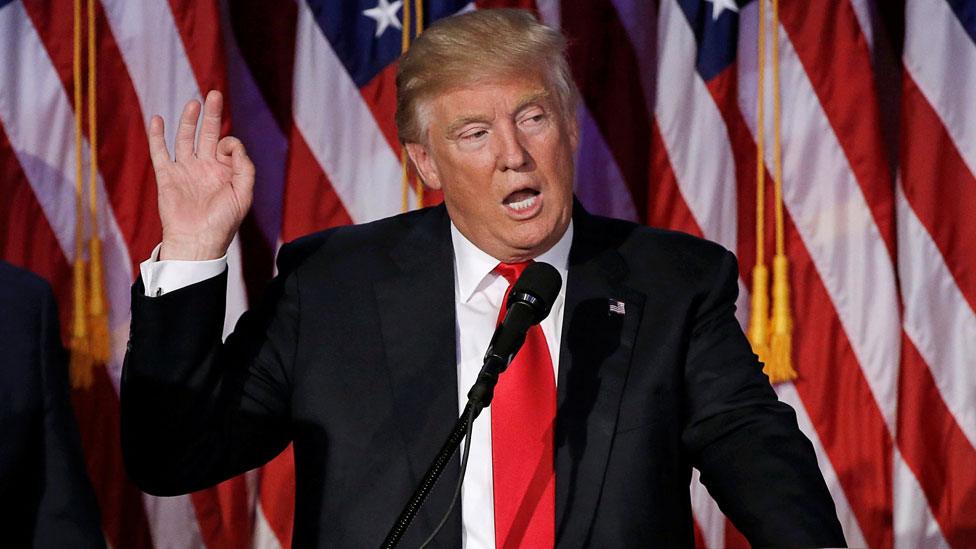U.S. President Donald Trump has announced new import tariffs of 25% on cars and car parts entering the United States. The tariffs, set to take effect on April 2, have raised concerns over their potential consequences on the global automotive industry, supply chains, and international trade relations.
Trump justified the tariffs as a strategy to bolster American manufacturing, asserting that the measure would lead to “tremendous growth” in the domestic car industry and create jobs. However, industry analysts warn that these tariffs could result in rising vehicle costs, production shutdowns, and strained relations with key trade partners.
The U.S. imported approximately eight million cars last year, amounting to around $240 billion in trade. Mexico, South Korea, Japan, Canada, and Germany are the leading exporters of vehicles to the U.S., making them the most affected by these new trade barriers. Many U.S. automakers also rely on operations in Mexico and Canada under longstanding trade agreements, further complicating the impact.
While finished cars and most parts from foreign nations will be subject to the tariffs, Canada and Mexico have been granted a temporary exemption while U.S. Customs and Border Protection establishes a system for assessing duties. Despite this exemption, Canadian Prime Minister Mark Carney described the move as a “direct attack” on Canada’s car industry.
The announcement has already caused turbulence in the stock market, with shares of General Motors sliding by roughly 3% and Ford experiencing declines as well. Japanese automakers, including Toyota, Nissan, and Honda, also saw their stocks fall in early trading.
European Commission President Ursula von der Leyen has stated that the EU will assess the situation before responding, emphasizing that tariffs “are bad for businesses and worse for consumers.” Meanwhile, U.K. automakers such as Jaguar Land Rover, which exports heavily to the U.S., are urging the British and American governments to reach a trade agreement before the tariffs take effect.
Despite opposition from various stakeholders, Trump remains steadfast in his decision, declaring, “This is permanent. If you build your car in the United States, there is no tariff.” As the deadline approaches, the world watches closely to see how this decision will reshape the global automotive landscape.

